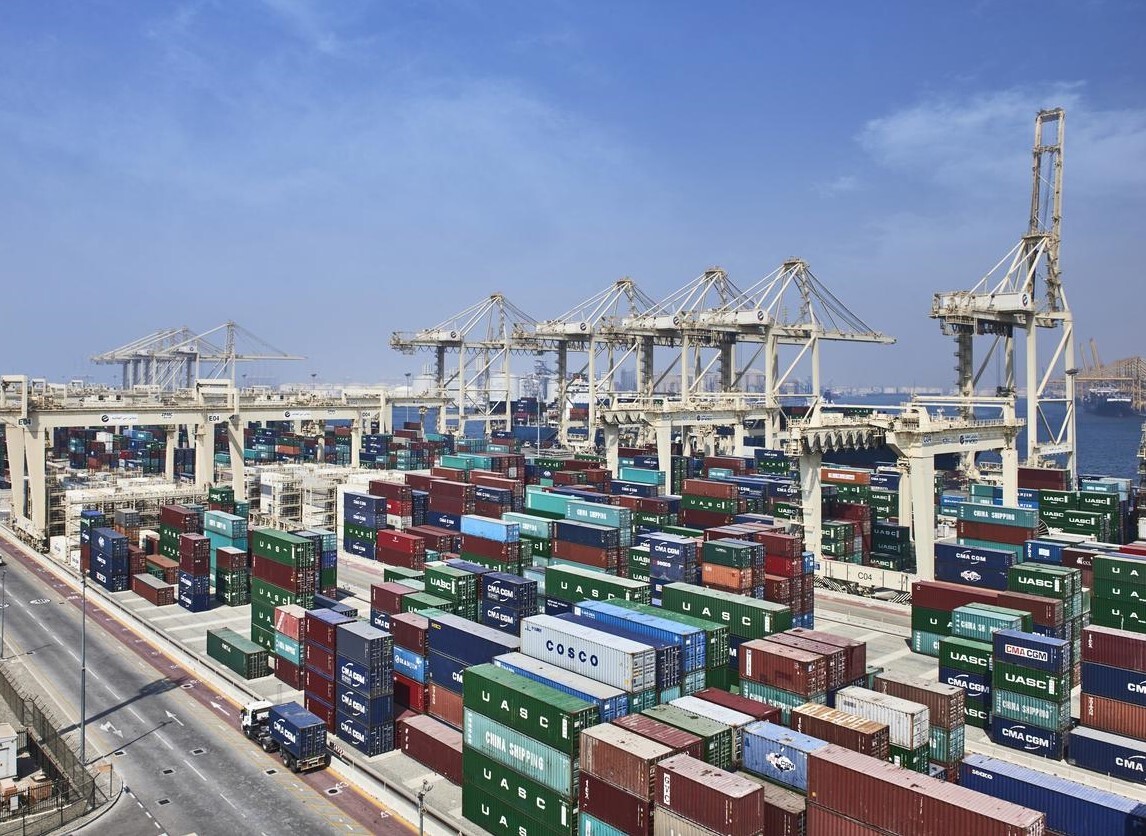DUBAI, UAE – For over 30 years, globalization has been the evergreen megatrend as global trade has helped lift some one billion people out of poverty, an expert has said.
Yin Zou, the Executive Vice President of Corporate Development, DHL Group, wrote in the World Economic Forum that the COVID-19 pandemic disrupted the international flow of goods, bringing the critical role of resilient supply chains in sustaining economies worldwide to the forefront.
Supply chains became a decisive topic in the public consciousness overnight, but they lost visibility once the threat waned.
However, new patterns are emerging in the dynamic landscape of global trade, and new challenges are arising. Wars, armed conflicts, overall increasing geopolitical tensions, and protectionism create serious headwinds for global trade.
These developments bring supply-chain resilience and risk management back to the table. They also prove that an environment that allows global trade to flourish is not a given.
Given the benefits of global trade for humanity, shaping a more resilient and sustainable global trade is a highly relevant topic for Davos 2024, the Annual Meeting of the World Economic Forum.
Yin Zou said that over decades, some sectors have become heavily dependent on production capacities in other countries. Thus, the lockdowns led to severe shortages, e.g. in healthcare and manufacturing. Consequently, many governments and business leaders started questioning the benefits of global trade instead of addressing vulnerabilities in supply chains.
This demonstrates the relevance of supply chain resilience for general attractiveness and acceptance of global trade.
Supply chains’ ability to adapt to changing circumstances, absorb shocks and continue operations seamlessly is a central pillar for long-term economic success. Robust supply chains foster economic stability, attract investments and ultimately contribute to improved living standards.
Geopolitical risk management
Geopolitical shifts are reshaping the global economic landscape in a complex way. While the latest DHL Global Connectedness Index refutes the notion that a major retreat from globalization is underway, it also indicates changes in trade patterns between individual countries. At the same time, the World Trade Organization warns of increased trade restrictions.
As shifting alliances and geopolitical uncertainties have become important factors influencing international trade again, understanding and navigating these dynamics are crucial for governments and businesses to diversify their supply chains. In short, perspicacious risk management is highly relevant for states and companies alike.
Partners in the next stage of globalization
Neither global trade nor resilient supply chains are a given. Addressing the challenges and opportunities the evolving geopolitical landscape presents requires coordinated action by businesses and politicians. The complex nature of these challenges necessitates a collaborative approach to positively shape the future of global trade. We consider the following three areas as key:
Pro-trade mindset
The world needs a clear commitment to and support for global trade. Governments and policymakers should develop robust policy frameworks encouraging free trade because even resilient supply chains suffer long-term if trade barriers increase over time.
Omnishoring
Leadership prioritising resilience and adaptability is crucial for navigating the uncertainties of global politics and the macroeconomic environment. Omnishoring strategies – the practice of diversifying sourcing locations – can be appropriate to reduce dependencies on individual locations. Additional logistics infrastructure is essential in the event of the loss of a major site and provides the necessary flexibility to maintain business at reasonable costs.
Sustainability
While substantial progress has been made, global trade remains a significant contributor to carbon emissions. To secure the acceptance of global trade, sustainability is a long-term necessity to reduce globalization’s environmental impact. While DHL Group is significantly investing in decarbonization technologies such as Sustainable Aviation Fuel (SAF), its large-scale production requires even more capital and huge investments.
Leading logistics into a climate-neutral future is an arduous task that requires high priority from business leaders and policy-makers.

